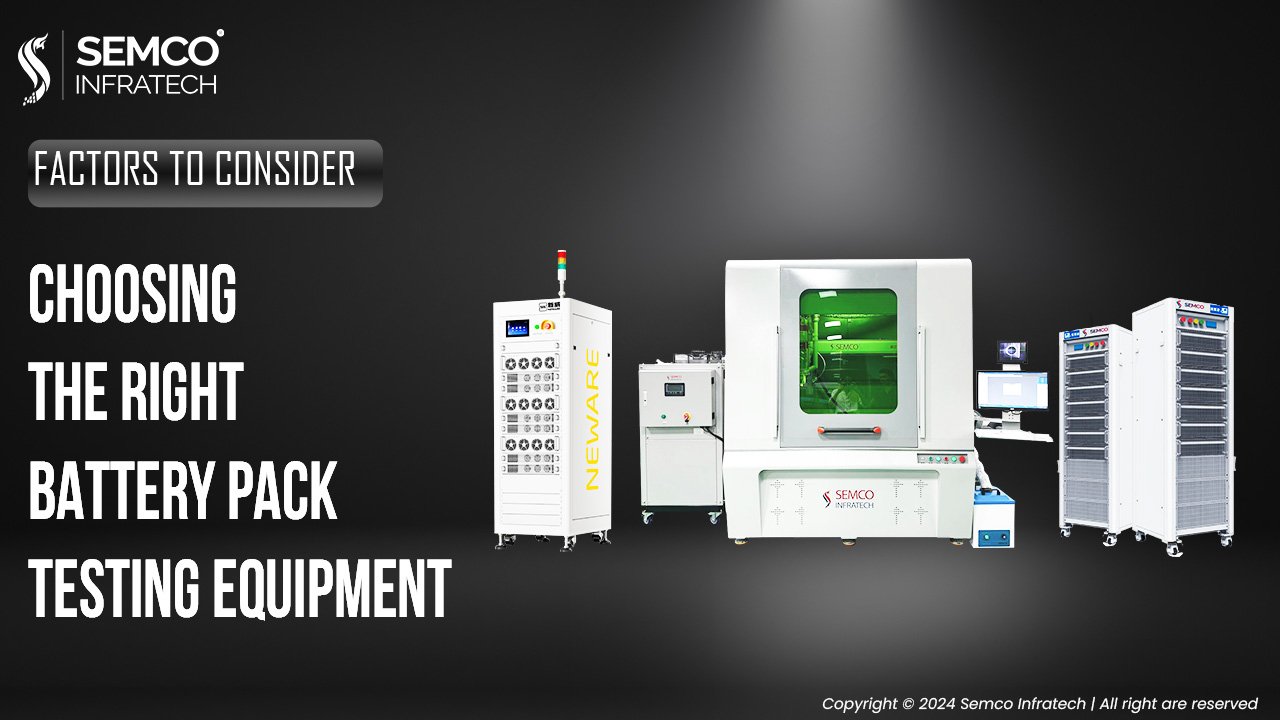
Comprehensive Machines that test batteries on multiple parameters have been here for a long time. They work almost like any other machine but their ability to assess batteries is very different from the other machines.
If you are already familiar with lithium-ion production and assembly or planning to know more about it, this is the right place. In this article, we will be finding out whether or not the BCT is the ultimate battery solution.
Key Functions and Features
Battery comprehensive testers are advanced instruments that go beyond basic voltage checks. They perform a variety of functions including discharge/charge tests, internal resistance measurement, short circuit and overcurrent protection checks, providing a detailed picture of battery health.
Parameters and Metrics For BCT
These testers measure various parameters like open circuit voltage, capacity, discharge current, internal resistance, temperature, and efficiency, providing a comprehensive data set for battery health assessment.
Difference Between Them and Traditional Testers
Unlike traditional testers that offer a quick voltage reading, comprehensive testers simulate real-world usage patterns through controlled charging and discharging cycles, giving a more in-depth analysis. By identifying weak batteries and optimizing charging practices based on test data, comprehensive testers can significantly extend battery life in various applications. Their usage is almost similar, but BCT are at some points better than the traditional testers which individually test each parameter.
Help to Understand the Condition of the Battery
By analyzing the above metrics, battery comprehensive testers can identify weaknesses like reduced capacity, increased resistance, or failing safety mechanisms, giving a clear picture of the battery’s overall condition. By analyzing test results, these testers can pinpoint issues like capacity loss, high resistance, or failing safety features, helping diagnose and troubleshoot battery problems effectively.
Advantages of BCT
Compared to using individual testers for each parameter, comprehensive testers offer a one-stop solution, saving time, and resources, and simplifying the testing process. While comprehensive testers provide a wealth of data, they may not predict future performance with absolute certainty. Battery degradation depends on various factors beyond the scope of these testers.
Limitations of Relying Solely on BCT
Since these testers rely on controlled conditions, they might not capture real-world environmental factors that can impact battery performance. Additionally, some complex battery issues might require further analysis with specialized equipment.
Advancements and Innovations in BCTs
Advancements include wireless testing capabilities, integration with cloud-based data analysis platforms, and enhanced user interfaces for improved usability and data interpretation. Battery comprehensive testers are a crucial part of a battery management system, providing data for optimizing charging cycles, predicting maintenance needs, and ensuring safe and reliable battery operation.
Key Considerations for Buying BCT
When choosing a tester, consider the type of batteries you’ll be testing, desired test parameters, budget, and ease of use. Look for features like user-friendly interfaces, data logging capabilities, and compatibility with data analysis software. Ensure that the comprehensive tester is compatible with the types of batteries you need to test, including chemistries (e.g., lithium-ion, lead-acid) and sizes. Compatibility with different battery voltages and capacities is also crucial.
Assess the data management and analysis capabilities of the tester, including the ability to store and retrieve test results, generate reports, and perform advanced data analysis. Integration with software platforms for data logging and analysis can enhance the usability of the tester.

Consider the availability of technical support and training resources from the manufacturer or supplier. Adequate support and training can help users optimize the use of the tester and troubleshoot any issues that may arise.
Evaluate the cost of the comprehensive tester in relation to your budget and the value it provides. Consider not only the initial purchase price but also any ongoing maintenance costs and the potential return on investment in terms of improved battery performance and longevity.




